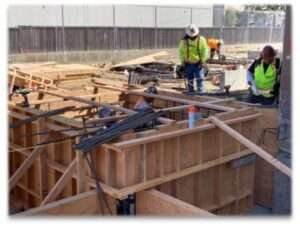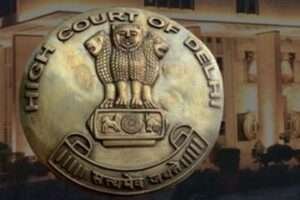Article 136 Interference Not Called For Merely Because A Different View About High Court’s Judgment Is Possible
Case: State Of Kerala & Anr. V. M/S Popular Estates (Now Dissolved) & Anr.
Coram: Justices Indira Banerjee and SR Bhat
Case No.: Civil Appeal No. 903 Of 2011
Court Observation: “There is some authority for the proposition that where two plausible views on the conclusions that can be drawn from facts on the record exist, this court, in exercise of its discretionary jurisdiction under Article 136 of the Constitution would not interfere with the findings of the High Court”.
“…in Union of India v. Gangadhar Narsingdas Agarwal & Anr, this court, declining to interfere with the order of the High Court in exercise of its power under Article 136 of the Constitution, said that even if two views are possible, the view taken by the High Court being a plausible one, it would not call for intervention by this court. A similar view was expressed in Jai Mangal Oraon v. Mira Nayak (Smt) & Ors, wherein this court held that when there was nothing illegal and wrong in the reasoning and conclusions arrived at by the High Court and it appeared to be merited and in accordance with the interpretation of statutory provisions, this court would not interfere with the order of the High Court under Article 136 of the Constitution”
“…even though we are now dealing with the appeal after grant of special leave, we are not bound to go into merits and even if we do so and declare the law or point out the error- still we may not interfere if the justice of the case on facts does not require interference or if we feel that the relief could be moulded in a different fashion.”
[doc id=11791]
Previous Posts
Evidence In A Trial Against An Accused Does Not Have Any Bearing Upon A Co-Accused In A Separate Trial For The Commission Of Same Offence: Supreme Court Download Judgement




